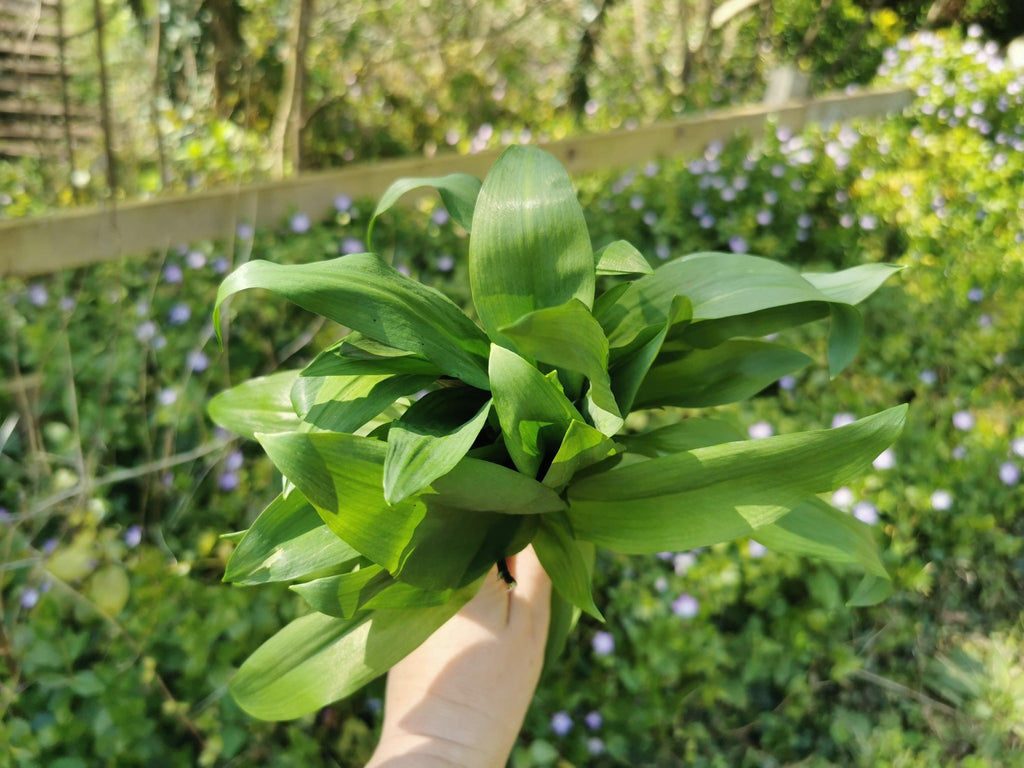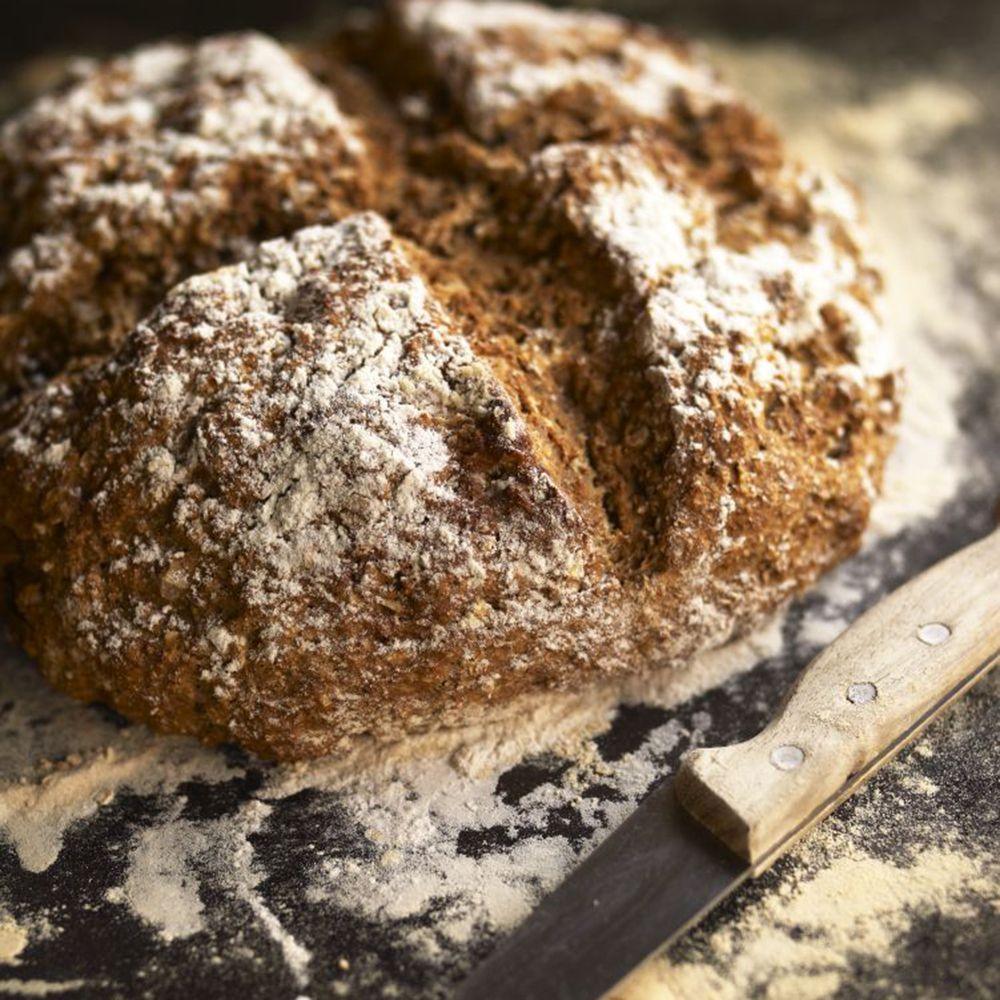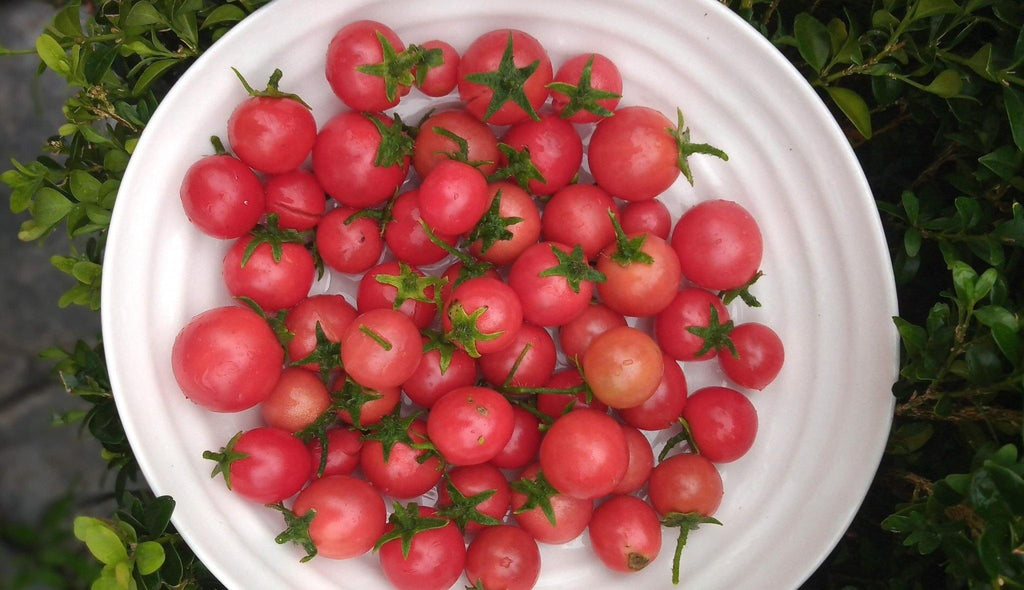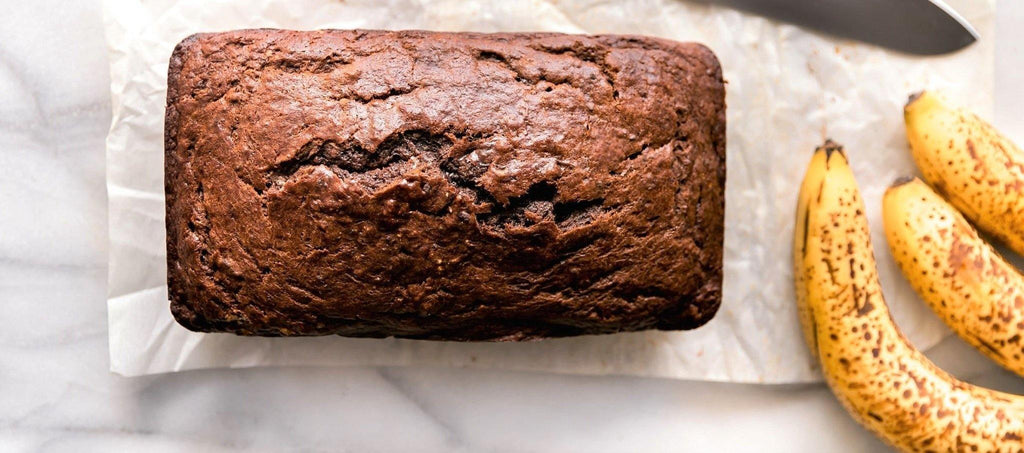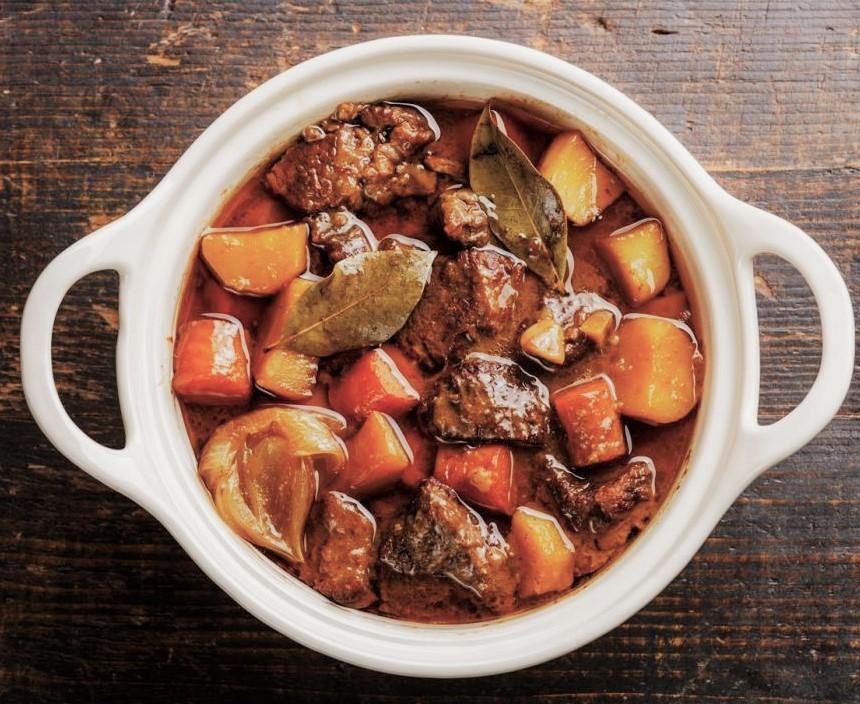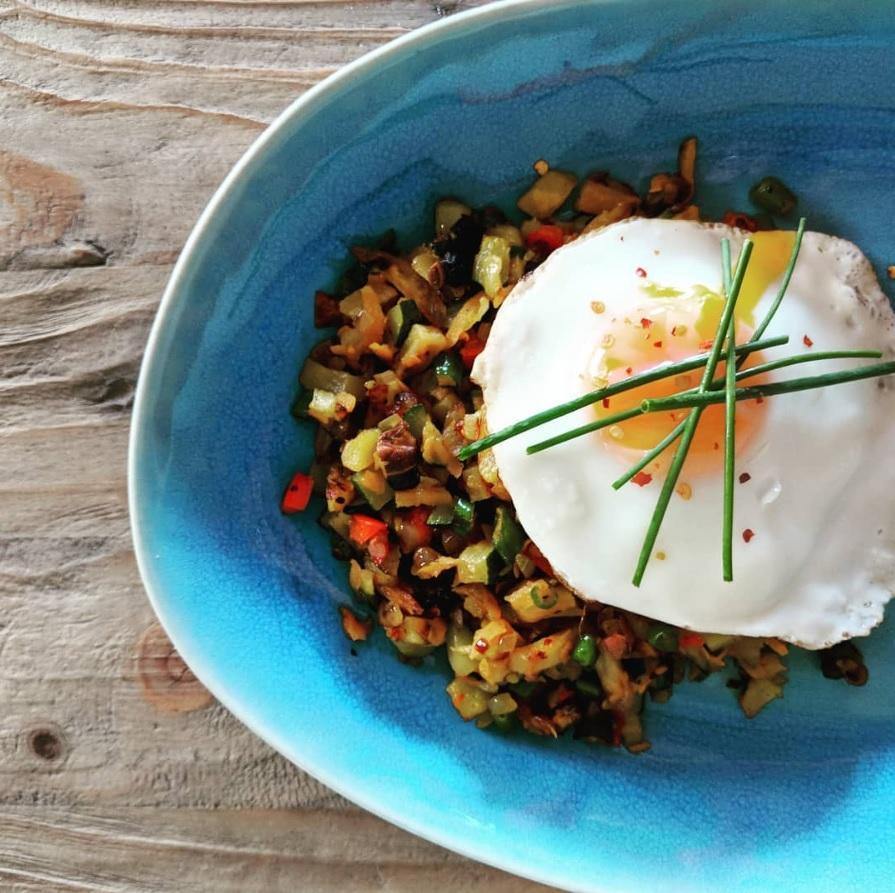Wild About Garlic
If you've been walking in the woods recently you're likely to have picked up the scent of bluebells and a slightly more savoury aroma. Wild garlic smells just like it's cultivated relative - heady and pungent! And it's not too late to enjoy this delicious fresh offering from nature's wild larder. Wild garlic is still in season until June so why not go foraging today and cook up a zingy feast.
The bright green, pointed leaves and white flowers are often found in dappled shade in damp meadows, along stream sides and in shady hedges. It's easy to identify, making it a good first step into wild food gathering. Although wild garlic grows abundantly, do make sure you are picking from an area where there is a plentiful supply and only take enough for personal use. Our wildlife need their food too!
According to the Woodland Trust wild garlic is an ancient-woodland indicator plant. It spends most of the year as a bulb underground in woodland, only emerging to flower and leaf from April onwards. This early flowering attracts the attention of plenty of pollinating insects, including hoverflies, butterflies and longhorn beetles.
Wild garlic is also an excellent natural pest repellent. Planting wild garlic around a vegetable garden can deter insects and other pests, protecting your crops from damage.
The bulbs have long been used in traditional medicine as one of the key ingredients in tonics for rheumatic problems and high cholesterol. The herb contains high levels of vitamins and minerals, including vitamins A and C, zinc, and selenium, making it an excellent immune-boosting herb. Eating wild garlic regularly can help boost your immune system and keep your body healthy. Wild garlic has also been used to help regulate blood pressure, and some studies suggest it may help to lower high blood pressure.
Wild garlic has a deep and complex flavor that is similar to garlic, but milder and sweeter. Wild garlic is a fantastic addition to bread or butter, providing a subtle and delicate flavor. The flowers are also edible and can be used as a garnish for salads.
I like to add wild garlic to soups and stews but probably the best use of this amazing herb is in a simple pesto.
Wild Garlic Pesto
- 50g pine nuts (cashews; pistachios or almonds can be subsituted)
- large bunch of fresh wild garlic leaves, roughly chopped
- 50g pecorino or parmesan cheese (or vegan alternative)
- 300ml extra-virgin olive oil (a cheaper oil can be used instead)
- pinch of salt
- pepper to taste
Toast the nuts until golden then either add all ingredients into a small blender or pound in stages using a pestle and mortar; nuts and garlic then adding cheese and oil.
Pesto is always best eaten soon after making, but if you have any left over, spoon into a jar, then cover with oil to form a seal. It should keep for a couple of weeks in the fridge. This pesto freezes surprisingly well - use ice cube trays for small portions.
Continue reading

